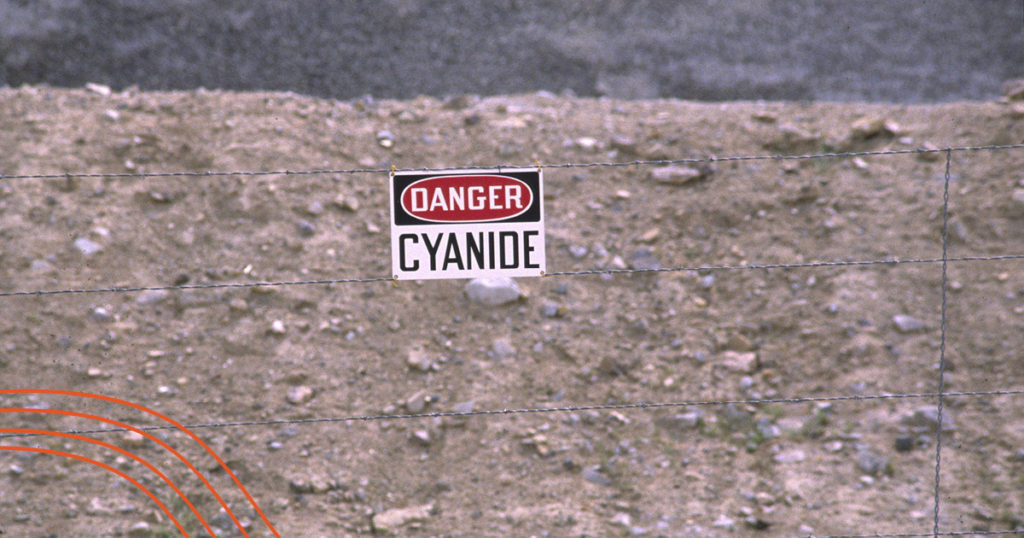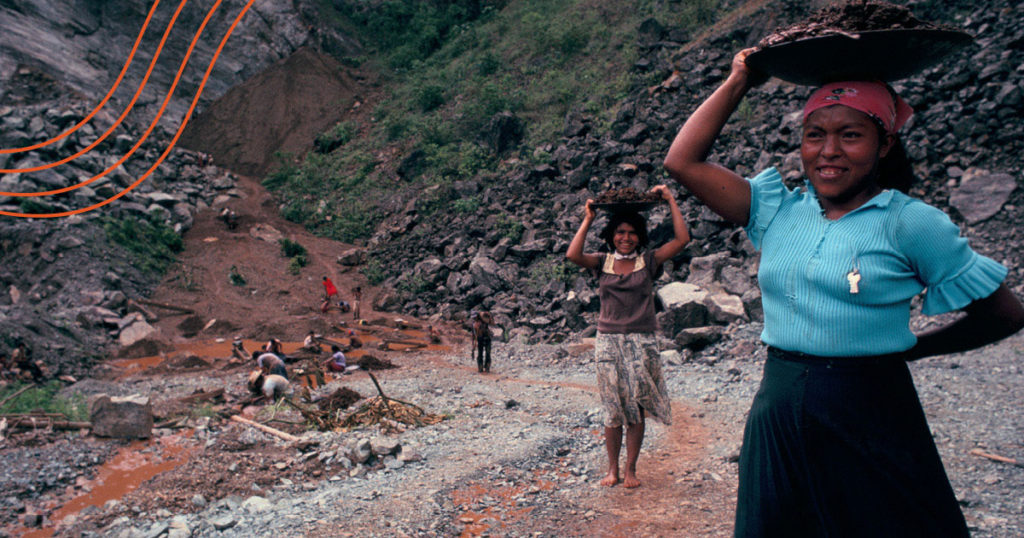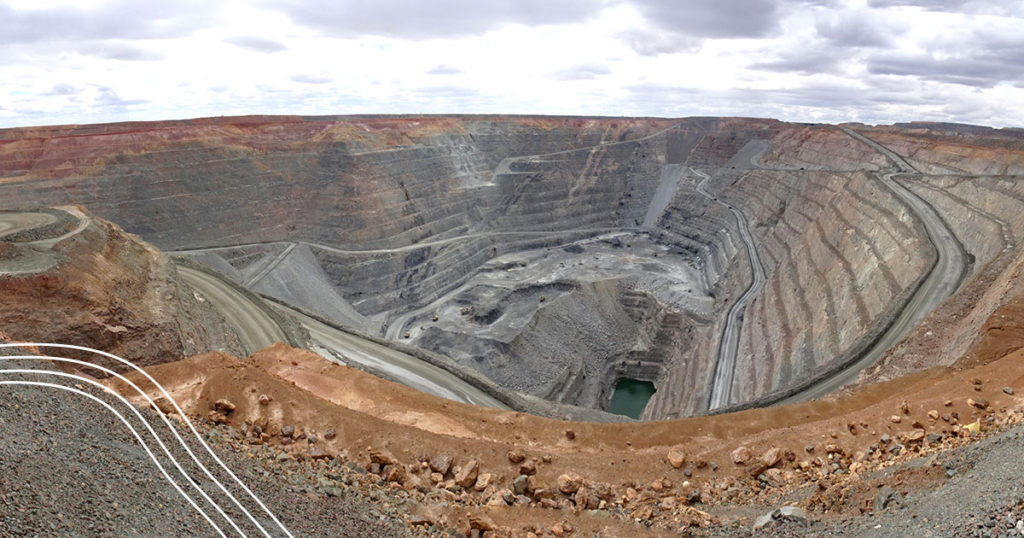Black market mercury a booming industry in Southeast Asia
It might not be obvious, but the ugly industry of black market mercury, much of which fuels illegal gold mining, thrives just around the corner. The statistics are staggering. Artisanal and small-scale gold mining (ASGM) is responsible for 25% of all gold production, but generates nearly 40% of all global mercury pollution. In ASGM, miners…
< Back







